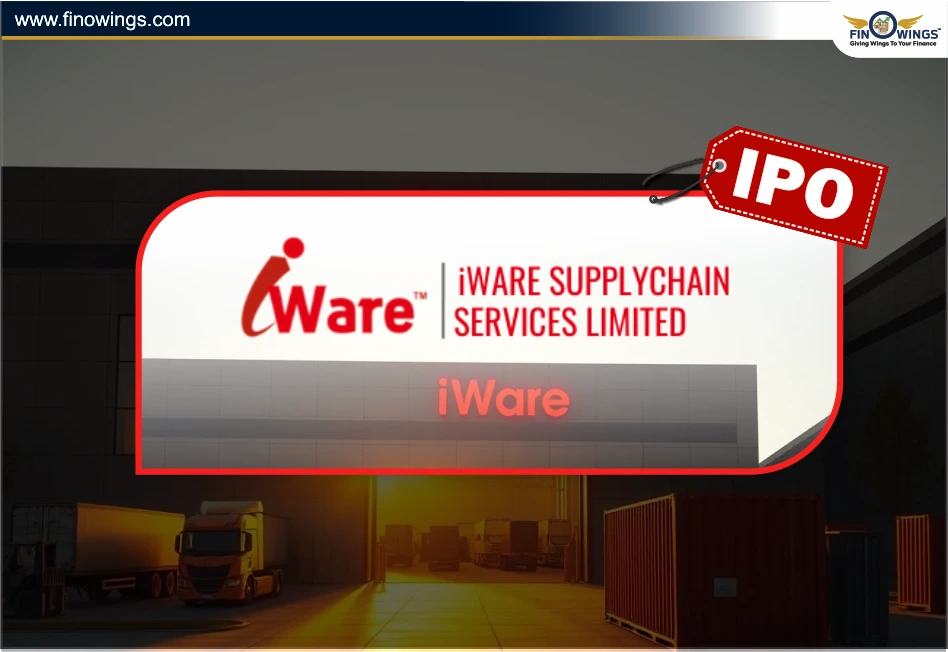Home >> Blog >> Dettol Case Study: A Journey of Dominating Global Household
Dettol Case Study: A Journey of Dominating Global Household

Table of Contents
The Humble Beginnings of Dettol
Imagine a child gets hurt while playing. The immediate reaction is to apply Dettol to prevent excessive bleeding. Have you ever wondered how Dettol became a household name and a first-aid essential?
Dettol's journey began in the United Kingdom in 1929. Dr. William Reynolds, a renowned scientist, joined Reckitt & Sons, the parent company of Dettol. At that time, diseases caused by bodily imbalances and sepsis during childbirth were rampant. Sepsis, an infection that spreads through the body, was a leading cause of death among women during childbirth.
The Birth of Dettol Antiseptic Liquid
During the 1930s, antiseptics were either concentrated or diluted. Concentrated antiseptics were corrosive and damaged skin tissue. Dr. Reynolds, distressed by this issue, collaborated with his sons to develop a solution. In 1933, they began trials for Dettol Antiseptic Liquid (ASL) at London's Queen Charlotte's Hospital.
Two years later, in 1935, they observed a 50% reduction in sepsis cases. This was a significant breakthrough for Dettol. The success was attributed to two factors:
- High Efficiency: Dettol addressed the inefficiency of normal antiseptics.
- Less Irritative: Unlike corrosive antiseptics, Dettol was effective even when diluted, reducing irritation.
Detailed Video:
Global Expansion
Dettol's success in the UK led to its global expansion. In 1935, it was launched in Australia and New Zealand, followed by South Africa, India, Canada, and South America. The outbreak of World War II in 1939 further boosted Dettol's demand. The British government included Dettol in essential supplies, increasing its supply across Europe and allied countries.
Dettol in India
Dettol was introduced in India in 1936. However, it faced challenges in gaining popularity due to traditional home remedies like turmeric. To overcome this, Dettol collaborated with Indian doctors to prescribe it, gradually building trust among people. In 1945, Dettol set up a manufacturing plant in India, estimating 65 million users.
Marketing Strategies
Dettol's marketing strategy played a crucial role in its success. The brand focused on mothers' trust, emphasizing the importance of protecting children from infections. This emotional connection resonated with Indian parents, who prioritize their children's health.
Despite competition from brands like Savlon, Dettol turned its weakness into a strength. Savlon marketed its product as non-irritative, while Dettol's campaign highlighted that irritation meant effectiveness. This clever marketing solidified Dettol's position in the market.
Controversies and Challenges
Dettol faced several controversies, including a legal battle during the COVID-19 pandemic. Hindustan Unilever Limited (HUL) filed a case against Dettol's parent company, claiming that their hand wash advertisement misled consumers and damaged HUL's product image. The court ruled in favor of HUL, banning the advertisement.
Despite these challenges, Dettol remains the number one antiseptic liquid globally, operating in over 120 countries. Its journey is a testament to the power of innovation, effective marketing, and resilience.
Conclusion
Dettol's journey from a small antiseptic liquid to a global household name is inspiring. It highlights the importance of addressing real-world problems, innovative solutions, and effective marketing strategies. Dettol's success story is a valuable lesson for businesses worldwide.
How did you find Dettol's journey? Let us know in the comments. If you want to learn about more such case studies, tell us which company's story you'd like to hear next. Don't forget to share this blog and spread the knowledge!
Thank you for reading.
Disclaimer: This NFO Analysis is only for informational purposes and should not be considered as investment advice. Always do your research and consult with a financial advisor.
Want to start Your Journey in stock market trading and investment? Join our Stock Market Class to become beginner to expert trader! We cover everything from the basics of trading to advanced strategies for picking stocks. Plus, we're offering a special discount for women and students. Don't miss out - enroll now and kickstart your path to success in the stock market!
Open a world of Stock Market by Opening a Demat Account with your favourite Broking firm & Get a trading Strategy worth Rs.15,000!
Frequently Asked Questions
Dettol's journey began in 1929 with a mission to combat childbirth infections. Dr. William Reynolds, seeking a safer antiseptic than harsh options available, developed Dettol Antiseptic Liquid. Dettol's effectiveness and lower irritation compared to other antiseptics led to global expansion, including India in 1936. Smart marketing focusing on child safety and trust with doctors solidified Dettol's position as a household essential.
Prior to Dettol, antiseptics were often harsh and damaging to skin. Dr. Reynold's innovation was a less irritating antiseptic that remained highly effective, addressing a critical need in healthcare, particularly for childbirth hygiene.
Dettol faced competition from traditional remedies like turmeric in India. To overcome this, Dettol strategically partnered with Indian doctors, leveraging their trust and building consumer confidence.
Dettol's marketing focused on emotional connection, emphasizing the importance of protecting children from infections. This resonated with parents, making Dettol a trusted partner in child safety.
Despite facing challenges, Dettol remains the number one antiseptic liquid globally, operating in over 120 countries. Its story exemplifies the power of innovation, effective marketing, and overcoming obstacles.
















